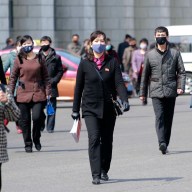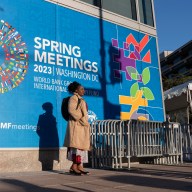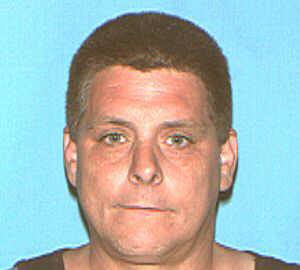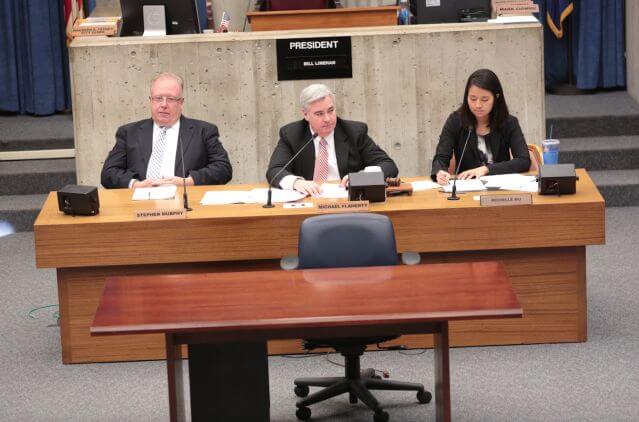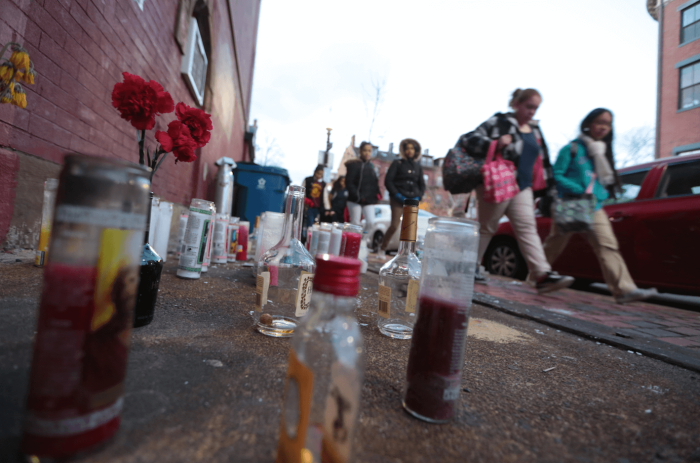In an effort to clamp down on Boston’s free-for-all street performance rules, two city leaders were considering a new permitting policy for artists who use sidewalks and parks as stages. All the city’s guitar-strumming, bowling pin juggling, breakdancing public entertainers would need to buy $40-per-year permits to practice their craft, according to an idea set to be pitched at a City Council meeting on Wednesday in hopes of scheduling a hearing. Councilors Salvatore LaMattina and Bill Linehan were behind the idea, which would also restrict performers from setting up within 50 feet of one another or within 100 feet of a hospital or a school, library or church in session. For big groups of performers, permit fees would have a $160. RELATED: When worlds collide: Keytar Bear and @BostonTweet team up LaMattina told Metro the proposal — modeled after permitting policy in Cambridge — came after hearing complaints about dancers near Faneuil Hall, who he described as loud and intimidating. “This particular group is very insulting to people,” he said. “Someone needs to address this issue.”
He said he couldn’t identify exactly which group had been performing in the space, and said he hadn’t attempted to reach out to them. The dancers were not there on Tuesday.
“It’s nothing against street performers,” LaMattina said. “I want street performers to feel comfortable going to Quincy Market and being able to perform. I know a lot of them are intimidated.” The ordinance as proposed would apply citywide, and would allow Public Works to revoke permits if performers receive five “noncriminal dispositions.”
Otherwise, street performers have been allowed to set up on sidewalks, parks and other public places in the city without permits for about a decade, the result of a legal battle in the mid-2000s.
RELATED: After questionable arrest, NYC subway performers demand officers learn transit rules Stephen Baird, who filed a 2004 lawsuit that challenged the city’s old street performance restrictions, told Metro he supported the councilors’ idea because it could make street performance in Boston more orderly. Baird is executive director of the nonprofit Community Arts Advocates, which runs a nationwide street performance advocacy program. “Some people are so loud and so crazy they get everybody mad. When that happens they crack down on everybody,” he said. “My view is that [street performance] doesn’t need a ton of regulation, but I do like a permit system because it’s something you can show a police officer. When there’s no permit you have nothing to show them.” The $40 fee might be a bit steep for some though, he said, particularly homeless musicians.
Few street musicians were out performing Tuesday morning, but on a curb in Copley, 41-year-old James Tocchio was strumming a friend’s guitar. Sometimes, he said, he plays a bass through a small amplifier on subway platforms or outside, and sometimes people give him change. He doesn’t have an MBTA performance permit, he said.
RELATED: WTF is nude looping? Performance artist Matthew Silver explains “I try to keep it low,” said Tocchio, who is homeless. “If you have respect and keep it down, you don’t have any problems.”
He said requiring everyone to buy permits — including homeless folks who play music outside every now and then —seemed unnecessary.
One free speech expert said he strongly opposed the idea.
“This is just the latest in a long series of efforts by governments to try to capitalize and profit from actions and activities that are quintessential examples of free speech,” Harvey Silverglate, a Boston-area First Amendment lawyer, told Metro. “The question is whether they should be able to control them and profit from them and thereby discourage them. And my answer is, ‘No.’” Keytar Bear, the anonymous entertainer widely considered a Boston icon, said he would begrudgingly follow the permit rule if the city adopted it.
“I’ll abide by it but it’d just make me not perform in Boston as much,” he said. He said he now lives in Worcester. “I’d probably go to Boston as a last resort.”
 They cost $25. Artists have to apply for permits to perform at Faneuil Hall, which are issued by the marketplace’s owners.
They cost $25. Artists have to apply for permits to perform at Faneuil Hall, which are issued by the marketplace’s owners.
City leaders seek fees, permits for Boston street performers

NICOLAUS CZARNECKI/METRO
Keytar Bear, for one, was not pleased to hear the news.
“This is an effort to take away the soul of Boston, and to kill Boston culture slowly,” the beloved bear costume-wearing performer told Metro. “Buskers generally are seen as a threat anyway and always have been. We don’t conform to the norms of society…Whoever’s at the very top of the pyramid doesn’t like that.”




